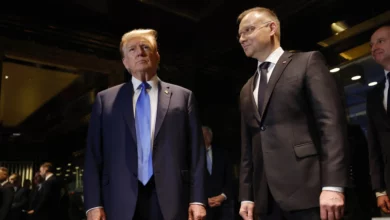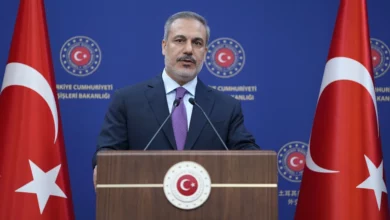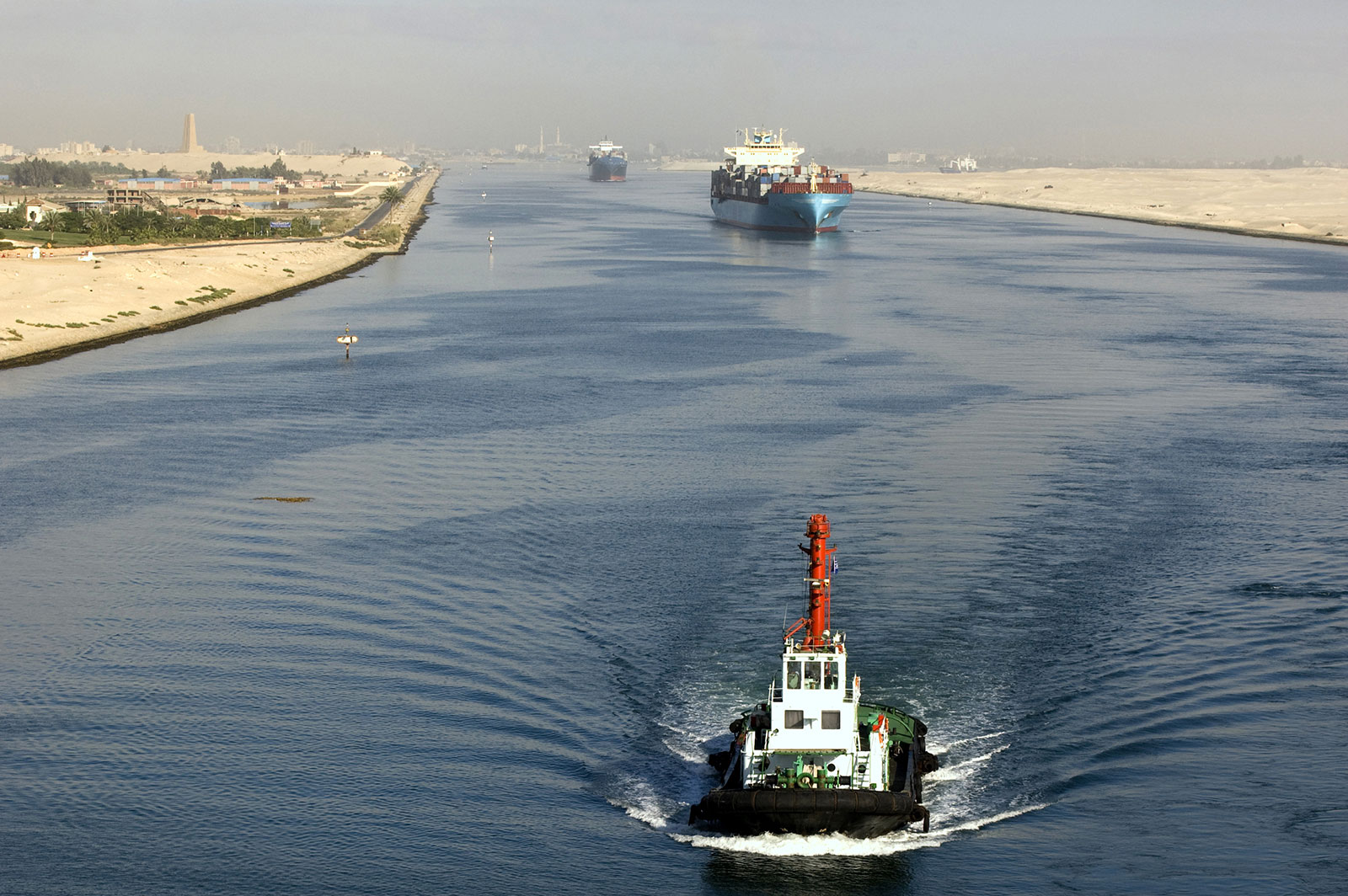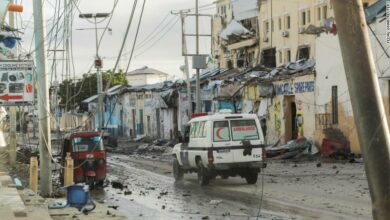
The cool, calm, clear thinking that kept the NATO alliance intact as it weathered the Cold War with the Soviet Union has been shattered.
Decades of careful diplomacy and nail-biting inaction during the potentially world-annihilating nuclear arms race of the 1950s, 60s and 70s appears to have been sacrificed in a few brief seconds by Turkey.
In those moments when Turkish Air Force jets shot down a Russian fighter plane Tuesday, Russian President Vladimir Putin was also given a strategic goal: Destabilize and divide NATO.
And more may have been sacrificed too. Any chance of a quick end to the war in Syria seems now to have gone up in smoke.
Putin has been trying to undermine the unity of NATO for years. Whether it's been Russian planes flying in Baltic airspace, aging bombers buzzing the coast of Britain, the destabilization of Ukraine and the annexation of Crimea, he has needled NATO, testing its resolve and probing for division.
Back then NATO — a military alliance formed after World War II by countries in North America and Western Europe that now has 28 member states committed to defending each other — stood firmly as one.
NATO Secretary General Jens Stoltenberg said that was still the case Tuesday after an emergency meeting arranged for Turkey to tell its allies what had happened.
"As we have repeatedly made clear, we stand in solidarity with Turkey and support the territorial integrity of our NATO ally, Turkey," he said.
Yet already, German and Czech officials are expressing surprise at Turkey's action — taken after the Russian plane was inside Turkish airspace for 30 seconds or less, according to US calculations.
President Barack Obama said Turkey had a right to defend its airspace and added that he expected to speak to Turkish President Recep Tayyip Erdogan in the coming days to learn more.
Opportunity lost?
Both Obama and his White House guest, French President Francois Hollande, urged Russia to strike at ISIS targets in Syria, in concert with their coalition rather than going it alone.
Perhaps that seemed more possible this week, with both France and Russia mourning losses from ISIS terror and when they were collectively trading their national tragedies for compromises to find a solution in Syria.
Hollande lost 130 people to ISIS in the Paris attacks this month and Putin 224 to terrorist bombers who blew up a Russian passenger jet a few weeks earlier. So both have a moral authority to galvanize collective action.
It was a rare moment in international diplomacy and some diplomats were beginning to think Russia's policy on Syria and its support for Bashar al-Assad could be changed. Not quickly, or easily, but the chance was there.
And Erdogan has squandered it.
Gain for Putin
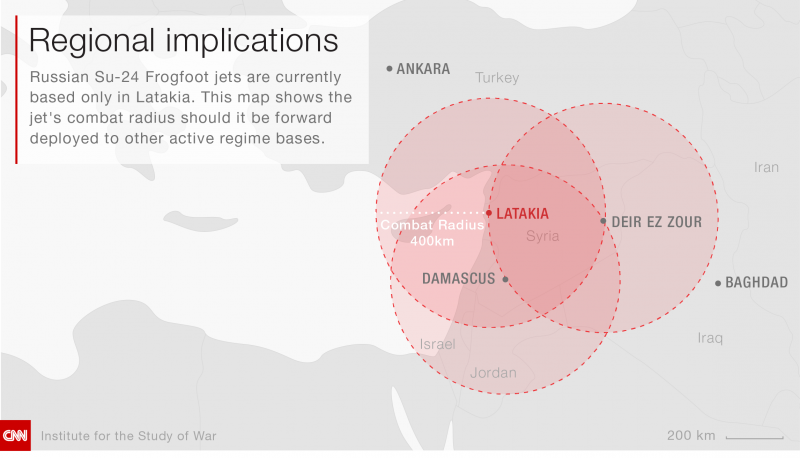
The downing of the Russian jet smacks of what Erdogan's enemies accuse him of — of aspirations to resurrect the Ottoman Empire — and leaves him open to claims he is too soft on radical Islamists. Putin has gone further — saying that Erdogan, the head of state of a NATO member, is siding with the terrorists.
And that's why — at first analysis — this looks like a disaster, beyond the loss of life of one pilot and a would-be rescuer.
It may also be a gain for Putin.
For all those years he has was trying to undermine NATO unity, Erdogan's hasty move has handed it to him on a plate.
We may learn what led up to the strike, but the deed is done.
Erdogan's NATO partners can now only look at him as a loose cannon, an unstable element in a very combustible situation. Not a steady partner capable of calm nerve that saw the alliance last the Cold War. Erdogan has thrown the whole card table in the air.
And elsewhere, ISIS watches.

